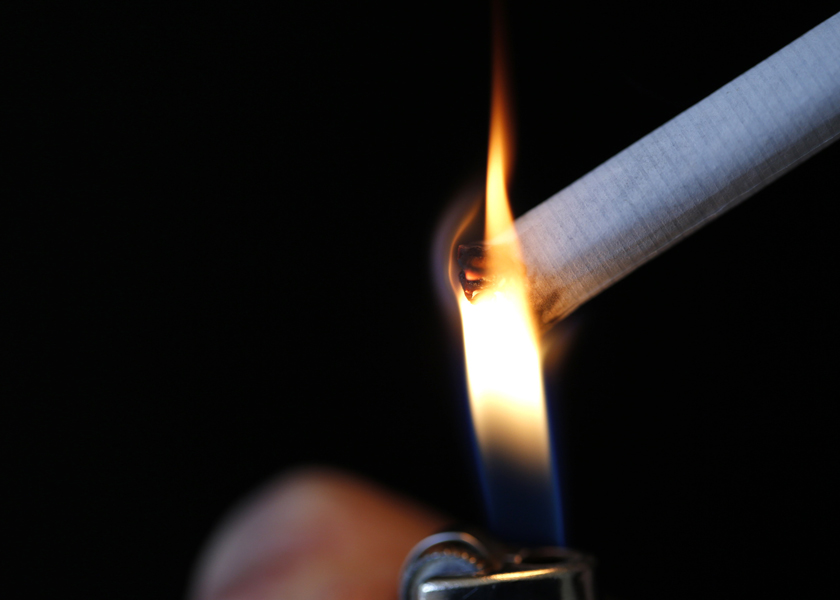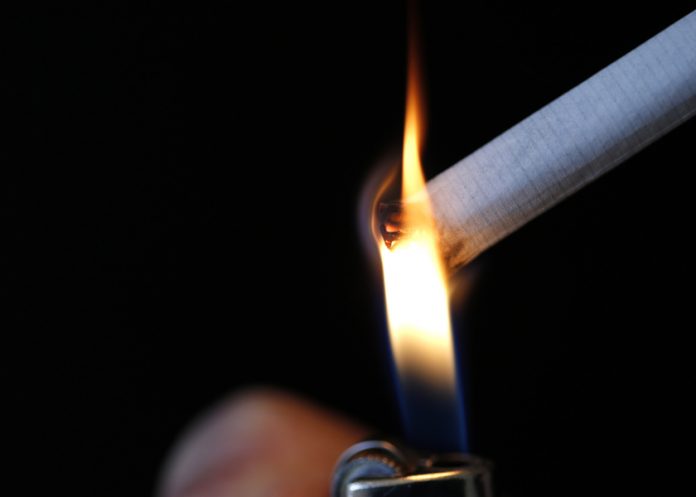
KUALA LUMPUR, Nov 30 — The Ministry of Health (MOH) has spent a total of RM2.8 million to provide smoking cessation or pharmacological treatment to 9,222 smokers last year, said its Minister Datuk Seri Dr Adham Baba.
He said that the number showed an increase in expenditure compared to the RM2 million spent the previous year to treat 12,640 smokers.
“The total expenditure has increased to RM2.8 million in 2019 even though the number of those receiving the treatment has dropped to 9,222 people, due to increase in drug prices,” he said.
“Smoking cessation treatment is a pharmacological treatment involving two types of drugs, namely nicotine replacement therapy including nicotine patches and nicotine gum as well as non-nicotine replacement therapy,” he said during the question-and-answer session in the Dewan Rakyat today.
Dr Adham said this in his reply to a question from Datuk Seri Dr Mujahid Yusof Rawa (PH-Parit Buntar) who wanted the Health Minister to state the amount borne by the MOH for smoking cessation programmes such as the mQuit and the extent of its effectiveness.
He said that MOH had also implemented an initiative under a public-private partnership with professional bodies, non-governmental organisations and private agencies in the smoking cessation programme, mQuit.
“The phase one of mQuit started in 2015 to 2017, followed by the second phase, from 2017 to 2020 and it will enter the third phase from 2021 to 2025 with the signing of a memorandum of understanding (MoU) with the MOH. Financial allocation to carry out all activities in each phase is borne by these professional bodies.
“The number of smokers who registered for smoking cessation treatment has increased from 10,240 people in 2017 to 22,601 people in 2019,” he said.
Dr Adham said through the promotions of the programme during the Covid-19 pandemic, more than 3,442 people had registered through the Jomquit website from Jan 1 to Oct 21, compared to the 1,678 smokers recorded for the 2019.
He said that of the total number registered in 2020, 3,254 people or 95 per cent registered during the implementation period of the movement control order (MCO) from March 18, he said. — Bernama


